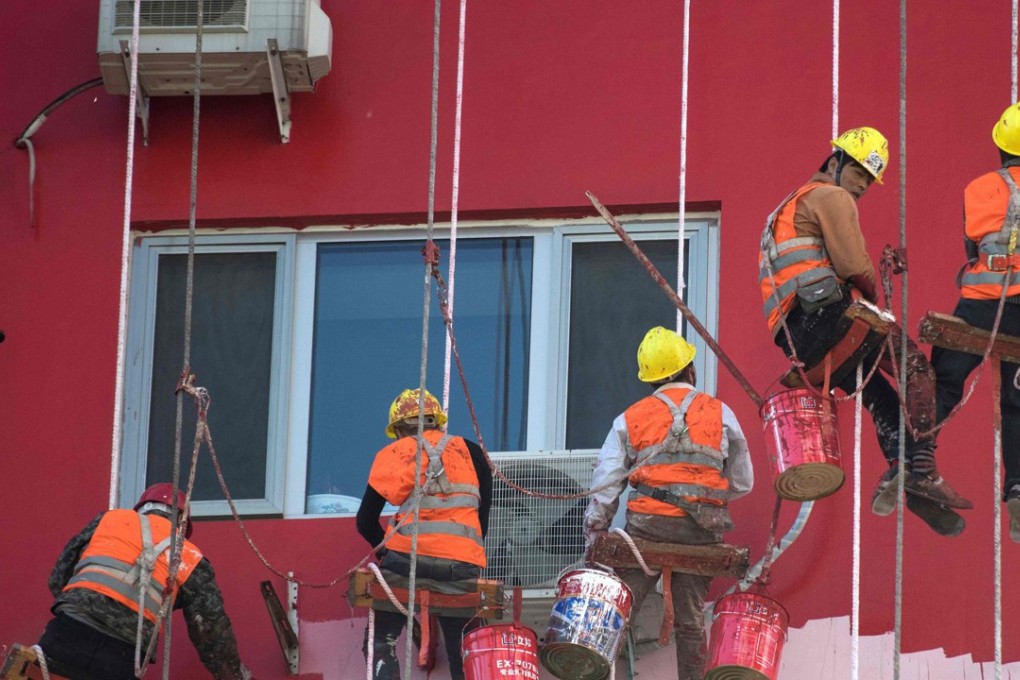How developers are coping with China’s credit squeeze
Large and medium-sized players, eager to climb the ranks through debt-fuelled expansion, face the biggest liquidity stress, say analysts

Analysts say different developers are being affected to a different extent by China’s tightening cash squeeze – but in most cases, a company’s size and its financial performance are seen as the crucial criteria behind who’s under most pressure.
Developers with efficient sales execution and strong cash-flow are seen as staying ahead of the curve, and they are certainly taking full advantage of the travails of smaller and not-so-smaller rivals to consolidate their standing.
“Large developers with more diversified funding channels are well positioned in the current conditions,” said Cindy Huang, an analyst of S&P Global Ratings.
“For example, while Country Garden dropped its onshore bond application, it was still able to issue a 1.7 billion yuan (US$280.86 million) quasi-Real Estate Investment Trust in February – China’s largest so far as the central government pushes for growth in the rented housing market – backed by its rented properties.”
That ability to mine different sources of funding, comes courtesy of it being considered the country’s largest developer by sales.